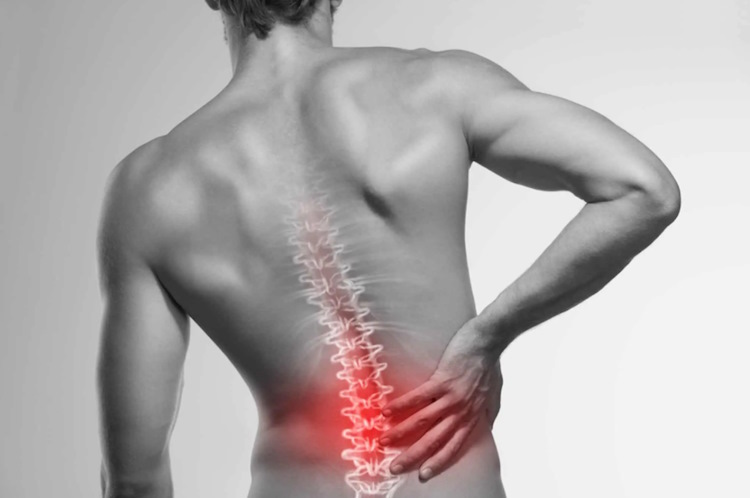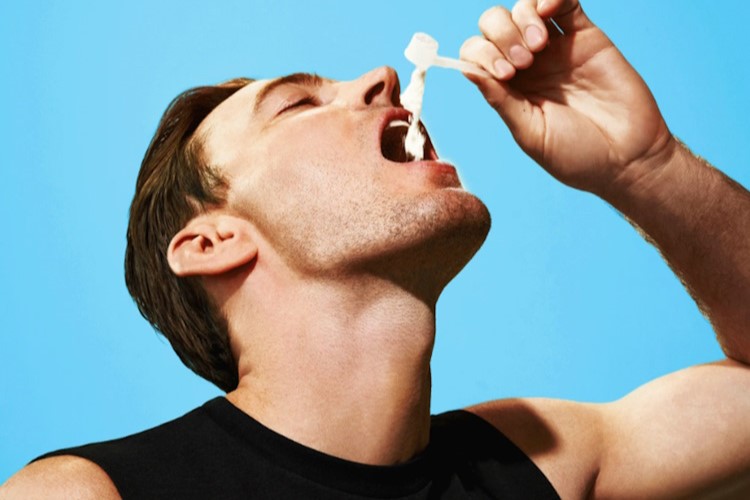Can steroids really make you infertile?
Steroids, a class of drugs known for their muscle-building and performance-enhancing properties, have long been a topic of discussion and speculation regarding its use and effects. One concern that is frequently brought up is whether the use of steroids can lead to or promote infertility, especially in male users. In this article, we will explore the mechanism of action of steroids and the current understanding of the relationship between this class of drugs and male fertility, making sure to separate evidence-based information from popular misconceptions.
Steroids can broadly be categorized into two types: corticosteroids, which are commonly used to treat inflammation from various conditions and autoimmune symptoms, and anabolic-androgenic steroids (AAS), which are synthetic variations of the male sex hormone testosterone. It is the latter type, AAS, that is often associated with the potential for fertility-related issues.
Generally speaking, anabolic-androgenic steroids work by mimicking the effects of testosterone in the body, promoting muscle growth and fat loss, and enhancing overall athletic performance. However, the use of AAS can disrupt the delicate hormonal balance within the body and the testicles, leading to a wide range of side effects, including alterations in reproductive function. Here are the most common issues seen in AAS users regarding fertility:
Sperm count and motility
A significant concern associated with steroid use is its impact on sperm production. Research suggests that AAS can diminish or even suppress the production of hormones in the testicles, leading to a condition known as hypogonadism. Hypogonadism can result in a reduced sperm count and quality, affecting fertility. Even the sperm that is produced is often deformed and unable to reach its destination due to its reduced motility.
Hormonal imbalances
Steroids can disturb the normal hormonal balance in the body, including the suppression of the hypothalamic-pituitary-gonadal (HPG) axis, which regulates the production of sex hormones. This disruption can lead to decreased testosterone and follicle-stimulating hormone (FSH) levels, further contributing to fertility issues.
Testicular atrophy
Prolonged steroid use has been linked to testicular atrophy, a condition characterized by the shrinking of the testicles. Once this physical change has occurred, it is often associated with impaired sperm production and can impact overall fertility.
While the potential negative effects of steroids on male fertility are supported by scientific evidence, it is essential to address common misconceptions that many users seem to have:
Reversibility
Some individuals believe that the effects of steroid use on fertility are reversible once the drug is discontinued. In fact, a study published in the journal Translational Andrology and Urology found that over 95% of men recover spermatogenesis after being shut down on testosterone replacement therapy (TRT). Another study published in the Journal of Clinical Endocrinology and Metabolism found that while steroid use can cause temporary infertility, most men will regain their fertility within a year of stopping steroid use. While this is true for most people, the extent of recovery can vary among individuals, and, in some cases, full recovery might not be achieved.
Dosage and duration
The impact of steroids on fertility is usually dose-dependent and influenced by the duration of use. Higher doses for prolonged periods of time are more likely to result in severe and lasting effects on the reproductive system.
In conclusion, the relationship between steroids and male fertility is complex, with scientific evidence suggesting a clear connection between AAS use and disruptions in reproductive function, at least temporary, for most men. Individuals considering or currently using steroids should be aware of the potential risks and might want to consult with healthcare professionals to make informed decisions about their health and fertility. Additionally, factors such as genetics, age, and lifestyle habits such as diet and exercise can all play a role in fertility. All-in-all, more research is needed to fully understand the long-term consequences of steroid use on male reproductive health and to develop effective strategies for mitigating these risks.









